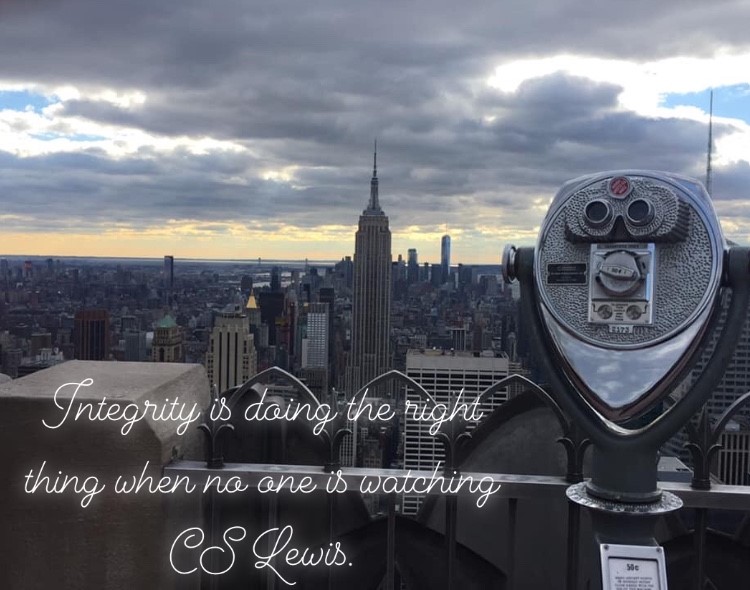Unfortunately, many of our workplaces, communities, political systems are presently in a precarious place with regards to leadership – many people experiencing doubt and fear for the future. My steadfast belief is that Leadership lives in every person, everywhere, every single day. Our voices and daily work as counsellors and psychotherapists has such impact on individuals creating a ripple effect on the systems we work within. The following is a revisit to a reflection on leadership I wrote circa 2013 during leadership succession sessions. After many years in counselling and the school systems, we need to acknowledge our individual leadership capabilities and strive to be effective leaders, starting with the basics. I call these the three Cs…. Care, Commitment and Connectedness.
Care about clients, children, parents, families, social justice and collective community. We all care but think about what care can really mean for you. Demonstrate true empathy not sympathy and reflect this in your actions daily. Take care always to see the importance and impact of decisions we make every day around and with our clients.
The following Brené Brown YouTube video demonstrates sympathy versus empathy brilliantly. In her approach to leadership, Brené Brown suggests to not be afraid to show vulnerability and Dare to Lead. I tend to agree, authentic voices in our relationships and work always demonstrate care and makes our relationships and leadership stronger.
Commitment to lead… by example, in our actions, thoughts and philosophies about children, clients, education, life and people in general. Think about who you are and what, at the end of the day, is socially just and fair for all. We often call it “due diligence” but basically, it’s doing the right thing.
We all realize there are many external constraints e.g. employer policies, ethical and legal standards or practice. Our workplaces e.g. hospitals and schools, are a microcosm of society and where we learn and teach skills around priorities, goal setting, decision making and compromise. Always have voice and input, and help lead toward the best solutions we can reach within fiscal realities and other limiting factors. Lobby and advocate to change our current realities. The goal of our work is to help make a positive difference and impact on our clients’ lives in real time. As I heard Eckhart Tolle speak at a presentation in St John’s NL in June 2018, we only ever have the present moment – The Power of Now.
Thirdly, strive to Be and Keep Connected …. We must seek to know our clients, students, families, and communities through constant communication. Learn to really listen and problem solve together not merely “fix issues” or “band aid problems” but long-term views. Subscribing to a true shared leadership model and seeing that we are powerful voices and leaders, can help us see the “big picture” and provide all reasonable and available supports to others. Also, keep connected to fellow colleagues, as this provides support and reinforcement of the value of our work. In turn, this strengthens our care and commitment to our clients and is key to having success and satisfaction in our counselling practice. Who me … Lead? Yes, you and I do lead every day. Our words and work must always matter.
Think, talk and take good care always.
Gloria
*Dedicated to Dana Brothers – a fierce woman with amazing ideas, a large voice, a real leader every day. Rest in Power
Sources/Readings:
Photo: Gloria Pynn NYC January 2019
Brown, B. (2012). Daring greatly: How the courage to be vulnerable transforms the way we live, love, parent, and lead. New York: Gotham Books.
Tolle, E., & OverDrive Inc. (2010). The power of now: A guide to spiritual enlightenment. Novato, CA: New World Library.
*The views expressed by our authors are personal opinions and do not necessarily reflect the views of the CCPA